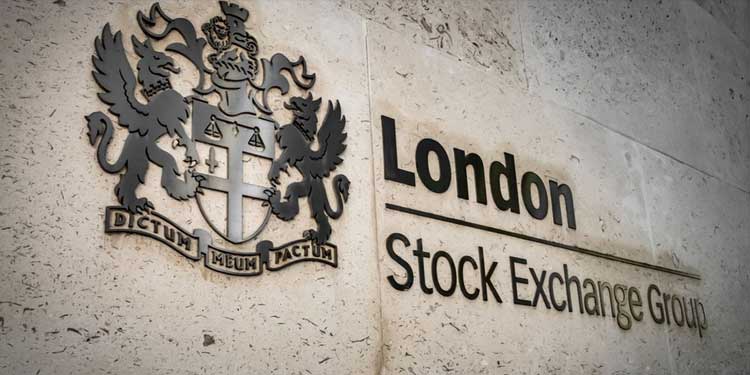
The London Stock Exchange Group (LSEG) has taken a groundbreaking step by embracing distributed ledger technology and becoming the first major exchange to offer comprehensive trading of traditional financial assets on the blockchain. This move highlights LSEG’s commitment to exploring the potential of blockchain-based trading venues, which it has been on a journey to discover for over a year.
While blockchain technology is commonly associated with cryptocurrencies, LSEG recognizes its applications extend far beyond that realm. The company sees the potential for blockchain to enhance traditional asset trading in terms of efficiency, transparency, and cost-effectiveness.
Murray Roos, Head of Capital Markets at LSEG, explained the company’s vision for integrating blockchain technology. He emphasized that LSEG’s objective is not to develop infrastructure around cryptocurrency assets but rather to leverage the technology that underpins digital tokens like Bitcoin to improve traditional asset trading. Roos emphasized the importance of adhering to regulatory standards and oversight during this digital transition.
LSEG’s exploration of blockchain aligns with the broader industry sentiment towards the tokenization of assets. BlackRock CEO Larry Fink has already highlighted the future of markets lies in asset tokenization. By exploring blockchain technology, LSEG aims to position itself as the first major global stock exchange to provide investors with an end-to-end blockchain-powered ecosystem.
Roos clarified that LSEG’s digital markets venture will directly compete with its traditional business. However, the motivation behind this development is not to compensate for challenges faced by the equities markets but rather to demonstrate the company’s ongoing commitment to innovation.
As part of its strategy, LSEG is considering establishing a separate legal entity for its digital markets business. The goal is to have the first market operational within the next year, pending regulatory approvals. LSEG is already engaging in discussions with regulators across multiple jurisdictions, as well as with the UK government and Treasury, to ensure compliance with relevant rules and regulations.
Roos described the potential impact of LSEG’s digital venture, citing an example involving entities from Switzerland, Japan, and the United States. In traditional markets, conducting a transaction among these parties could be complex. However, a digital approach could simplify the process, provided it receives support from multiple regulators. Initially, the digital business will focus on private markets and expand access to available products and instruments. Once proven successful, the service will encompass a wider range of assets. Roos highlighted the high potential for digitizing various traded asset classes.
LSEG’s exploration of blockchain and tokenization is in line with a broader trend in the financial industry. Traditional financial institutions are increasingly integrating blockchain technology into their operations. For example, SWIFT, a prominent bank messaging network, is using blockchain to address interoperability challenges. Lufthansa Airlines has introduced blockchain-based technologies, and Bitcoin Apex plans to leverage blockchain to digitize the distribution of securities for SMEs in Europe. According to data from the European securities regulator Esma, traditional assets worth $800 million have already been tokenized in the European market.
The launch of blockchain-based products by LSEG has the potential to significantly enhance value in the financial industry. Many industry experts believe that asset tokenization is poised to shape the future of financial markets. Despite regulatory challenges, the industry remains optimistic that crypto exchange-traded funds (ETFs) in the United States will eventually be approved.
In conclusion, LSEG’s pioneering move to introduce a traditional asset trading platform on the blockchain is a monumental moment for the financial industry. As the first major exchange to embrace this technology, LSEG’s decision could catalyze the widespread adoption of blockchain in traditional finance. Blockchain’s transformative potential to enhance trading efficiency, transparency, and security is becoming increasingly evident, and LSEG’s initiative marks a significant step towards realizing this potential. As more exchanges and financial institutions follow suit, blockchain technology is set to reshape the financial industry, making trading more efficient, transparent, and accessible, and opening up new horizons for investors and innovators alike.






